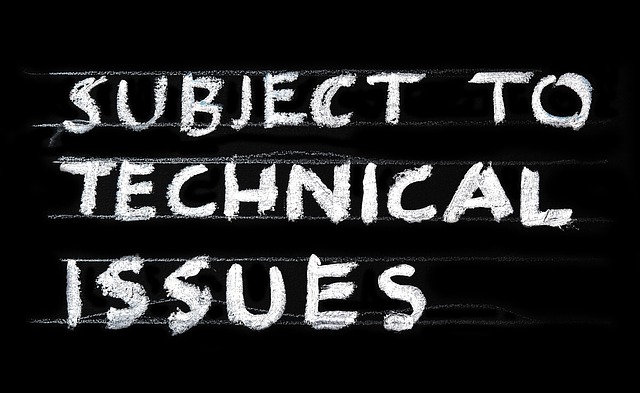Understanding the Deep Connection Between Environment, Climate Change, and Development
Development is often seen through the lens of economic growth, infrastructure improvement, and technological advancement. However, it’s impossible to fully grasp what development truly means without recognizing the profound impact that environment and climate change have on it. As global warming continues to reshape our planet, communities worldwide are facing unprecedented challenges that threaten their progress and future.
The Environment: The Foundation of Development
The environment provides the essential resources that fuel development — from clean water and fertile soil to biodiversity and natural habitats. When these resources are healthy and abundant, they support agriculture, industry, and human well-being. But when environmental degradation takes hold, it stalls development efforts, leading to poverty, food insecurity, and displacement.
For many developing regions, especially those reliant on climate-sensitive sectors like farming and fishing, a stable environment is critical. Changes in rainfall patterns, rising temperatures, and increasing frequency of natural disasters disrupt livelihoods, making development a fragile and uncertain journey.
Climate Change: A Challenge to Sustainable Development
Climate change acts as a multiplier of existing vulnerabilities. As the Earth warms, the effects cascade through ecosystems and societies, magnifying the difficulties faced by communities trying to achieve sustainable development. From melting glaciers impacting water supplies to intensified storms devastating infrastructure, the consequences are far-reaching.
Efforts to promote development must now include strategies to adapt to, and mitigate, the effects of climate change. This means building resilient infrastructure, investing in renewable energy, and enacting policies that minimize environmental harm while fostering economic growth.
Why Addressing Climate Change is Essential for True Development
Ignoring climate change undermines the hard-won gains of development. It risks rolling back progress and exacerbating inequality, particularly affecting vulnerable populations who often contribute least to the problem but suffer the most. On the other hand, integrating environmental stewardship and climate action into development agendas opens the door to innovation, sustainability, and long-term prosperity.
In the context of warming global temperatures, development is more than just progress—it’s a commitment to harmonizing human ambitions with the planet’s limits. Recognizing and acting on this connection is vital for creating a future where development does not come at the cost of our environment, but rather, is powered by a healthy, thriving Earth.




